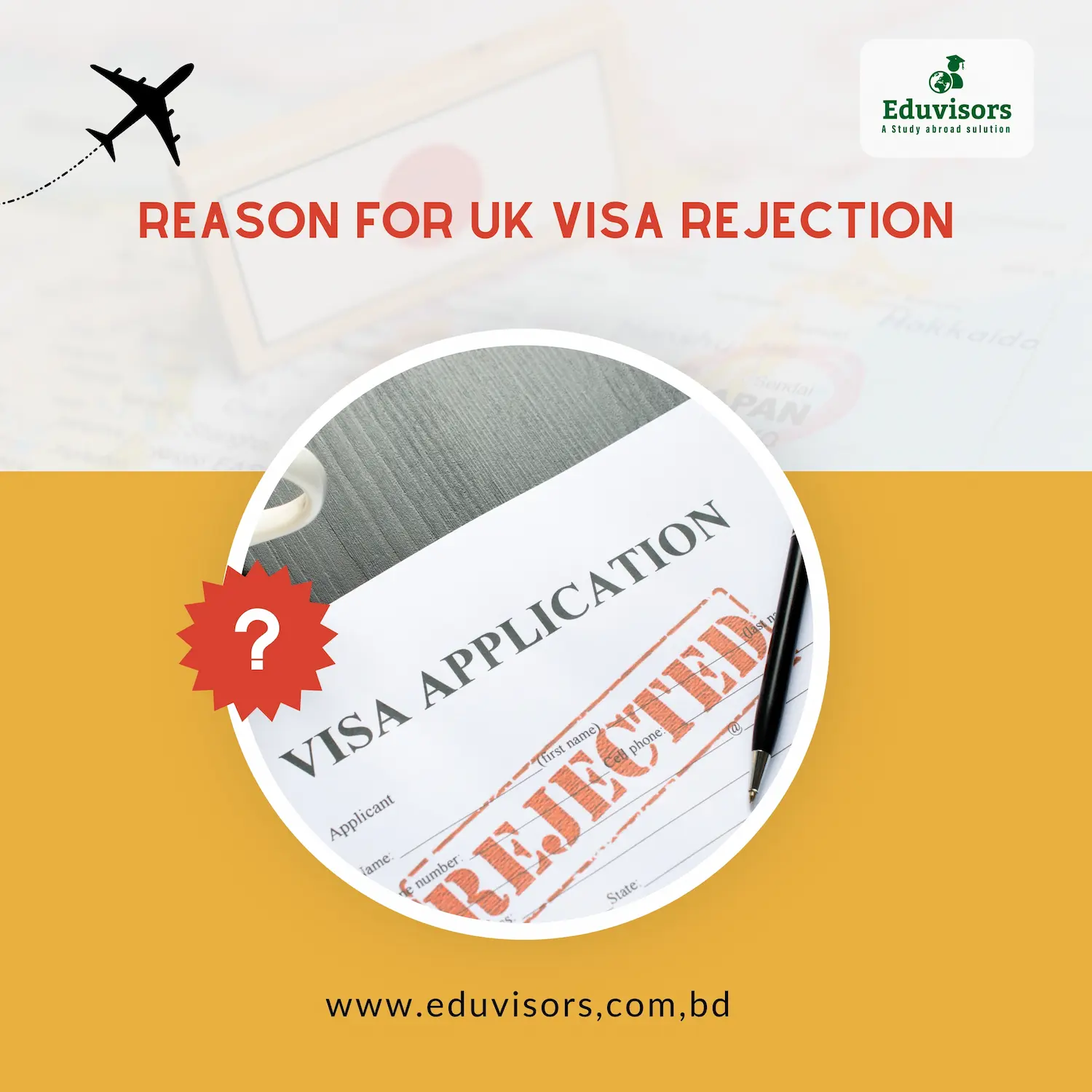Navigating the UK visa application process can be complex and challenging. Understanding common reasons for uk visa rejections and how to avoid them is crucial for a successful application. This comprehensive guide covers everything from visa types and application procedures to handling rejections and seeking legal advice.
Types of UK Visas
The UK offers various visa categories, including:
- Visitor visas (tourist visas)
- Student visas
- Work visas
- Family visas
- Settlement visas
Each visa type has specific requirements and validity periods. It’s essential to apply for the correct visa category based on your purpose of visit.
The Visa Application Process
Preparing Your Application
- Determine the appropriate visa type
- Gather all necessary documents
- Complete the online application form
- Pay the visa fee
- Book and attend a biometric appointment
- Submit your application and supporting documents
Common Mistakes in the Application Process
- Providing incorrect or incomplete information on the application form
- Submitting insufficient or inadequate documentation
- Failing to meet financial requirements
- Not providing a clear purpose for the visit
- Overlooking English language proficiency requirements

Top Eight Reasons for UK Visa Rejections
- Insufficient Documentation
- Inadequate Financial Evidence
- Failure to Meet English Language Requirements
- Lack of Genuine Intention to Return
- Previous Immigration Violations or Visa Refusals
- Criminal History or Security Concerns
- Inconsistencies in the Application
- Failure to Meet Specific Visa Requirements
How to Avoid Visa Rejections
- Thoroughly research visa requirements
- Provide comprehensive and accurate documentation
- Demonstrate strong ties to your home country
- Ensure financial stability and provide clear evidence
- Address any previous immigration issues honestly
- Seek professional advice if needed
Handling a Visa Refusal
If your visa application is rejected, you have several options:
Administrative Review:
For certain visa types, you can request an administrative review if you believe an error was made in the decision.
Judicial Review:
In some cases, you may be able to challenge the decision through a judicial review if there was a legal error in the decision-making process.
Fresh Application:
You can submit a new application addressing the reasons for the previous refusal.
Appeal:
In limited circumstances, you may have the right to appeal the decision, especially if it involves human rights or asylum claims.
The Appeal Process
If you have the right to appeal, the process typically involves:
- Lodging an appeal with the First-tier Tribunal (Immigration and Asylum Chamber)
- Preparing your case and gathering additional evidence
- Attending an oral hearing or having your case decided on paper
- Receiving the tribunal’s decision
The appeal processing time can vary, but it usually takes several months.
Seeking Professional Advice
Consider consulting with Educational Consultant (Eduvisors) if:
- Your case is complex
- You’ve had previous visa refusals
- You’re unsure about the requirements or process
- You need assistance with an appeal or judicial review
Eduvisors can provide valuable insights and increase your chances of a successful application or appeal.
Improving Future Applications
If you’ve had a visa refusal:
- Carefully review the refusal letter to understand the reasons
- Address each point raised in the refusal
- Provide additional evidence to strengthen your application
- Consider changes in your circumstances that might positively impact your application
- Be honest about your immigration history in future applications
Advanced Considerations in UK Visa Applications
Financial Requirements and Documentation
One of the most critical aspects of a successful visa application is demonstrating sufficient funds. This often involves providing:
- Bank statements: Typically covering 3-6 months
- Proof of income: Such as employment letters or tax returns
- Sponsorship letters: If applicable, with supporting financial documents
Common Pitfalls in Financial Documentation
- Insufficient funds for the visa type
- Unexplained large deposits
- Inconsistencies between stated income and bank balances
The Role of Immigration Specialists
Seeking expert advice can significantly improve your chances of success. Consider consulting:
- Immigration Solicitors: For complex cases or appeals
- Immigration Law Practitioners’ Association (ILPA) members: For specialized advice
- Corporate immigration experts: For business-related visas
Benefits of Professional Assistance
- Guidance on the most appropriate visa type
- Help with preparing a stronger application
- Assistance with appeals and judicial reviews
- Advice on compliance risk management
Dealing with Visa Refusals
If you receive a visa refusal letter, it’s crucial to:
- Carefully review the grounds for refusal
- Assess your options (reapplication, appeal, or judicial review)
- Address each point raised in the refusal decision
The Appeal Process in Detail
- Determine if you have appeal rights
- File a formal appeal within the specified timeframe
- Prepare for the appeal hearing
- Present your case to the immigration tribunal
Note that the appeal process can be lengthy and complex. Success rates vary, but having strong grounds for appeal and professional representation can improve your chances.
Special Considerations
Points-Based System
For work and student visas, understand how the Points-Based System works and ensure you meet all criteria.
Human Rights Claims
In some cases, you may have grounds for a human rights claim, particularly if refusal would separate you from family members in the UK.
Medical Examinations
Some visa types require medical examinations or reports. Ensure these are completed by approved providers.
Avoiding Common Mistakes
- Incorrect documentation: Double-check all documents against the official checklist
- Validity requirements: Ensure passports and other documents are valid for the required period
- Unintentional mistakes: Review your application multiple times to catch minor errors
Compliance and Future Applications
- Adhere strictly to visa conditions to avoid breaches of immigration laws
- Keep detailed records of your immigration history
- Be aware that past immigration violations can affect future applications
Case Studies
Case 1: Successful Appeal of a Student Visa Refusal
An international student initially denied entry clearance due to insufficient funds won their appeal by providing additional proof of financial circumstances and a strong personal statement.
Case 2: Overturning a Work Visa Rejection
A skilled worker’s visa application was initially refused due to missing employment letters. After submitting a stronger application with comprehensive documentation, the decision was overturned.
Expert Insights
According to leading immigration commentators and policy contributors:
- The UK’s immigration system is continually evolving, with efficiency and compliance as key focuses.
- There’s an increasing emphasis on digital processes, with many applications now processed through online portals.
- The Home Office is working on reducing processing times, but complex cases can still face delays.
Conclusion
Navigating the UK visa application process requires attention to detail, thorough preparation, and often, expert guidance. By understanding common pitfalls, preparing comprehensive documentation, and seeking professional advice when needed, applicants can significantly improve their chances of success. Remember that each case is unique, and what works for one applicant may not apply to another. Stay informed about the latest immigration laws and policies, and don’t hesitate to seek clarification on any aspect of your application.
Remember, immigration rules and processes can change. Always check the official UK government website for the most up-to-date information before applying for a visa.

















